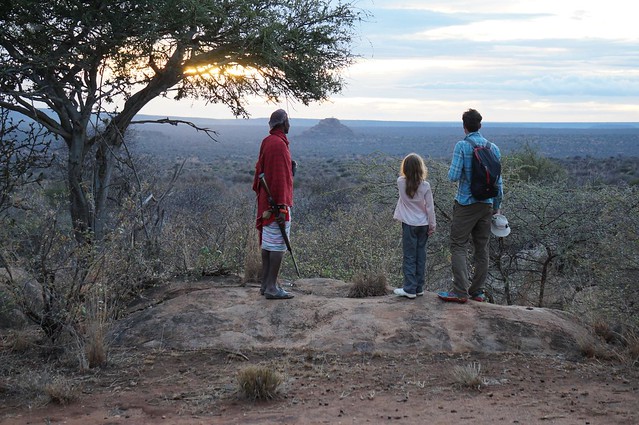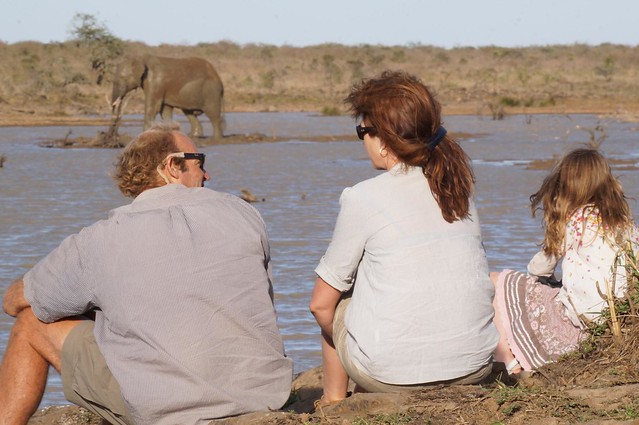How safe is Kenya?
I last visited Kenya earlier this year with my oldest daughter (8 years old) for company. It is hard to underestimate the weight of responsibility in leaving the majority of your family at home, whilst you take off to a far off corner of the world with one of your beloved children. It is not something I have ever taken lightly and is something I consider deeply every-time I travel with my children, whether it be to Kenya, Morocco, South Africa or the United States. In this instance, I even got the call from my own mother, asking what I thought I was doing taking her grand-daughter to Kenya? I know Kenya well and have a good feel for the security situation. But being asked outright by my mother, made me step back and re-assess.
It is worth putting security fears into context and there is no better way to do that than with numbers; Over 1 million tourists visit Kenya every year, of which around 100,000 are British. And of course, significant number of British and Amemrican expats live in Kenya, we have good friends with children the same age as ours who live, work and send their young children off to school in Kenya in neatly pressed uniforms – life continues as normal for these families. You can never say never, but there are very good reasons why Kenya remains the world's favourite safari destination and these reasons remain, the Masai Mara is still magnificent (and the migration is there early this year), the Laikipia region offers (in my opinion) the best all round wilderness safari experience in Africa and Mount Kenya is Africa's finest Mountain (yes it is a superior trek to Kilimanjaro).
After my mother’s call, I sat down with my wife, discussed the risks as we saw them and came to a decision. With minimal time in Nairobi and the majority of the trip spent on safari in remote luxury wilderness locations and pretty much permanently in the care of a guide, driver or camp, we felt the risk was no greater than taking a long car journey down the M4 and M5 to Devon (a fact which was born out when my wife on that very same journey whilst I was in Kenya, saw a car spin out of control on the M4 at 70mph in heavy rain).

The fact remains that even during the terrible election troubles in 2007, no tourists were hurt and this pays testament to the extent to which the conservation areas, private reserves and National Parks that make Kenya the world's most popular safari destination are largely insulated from urban problems. Just as visitors to South Africa's Kruger National Park and Garden Route are largely insulated from the high crime rates prevalent in urban areas in Johannesburg and Cape Town and foreign tourists who visit London and Oxford are largely insulated from the inner City crime, muggings and gangs of those Cities.
As it turned out, my daughter and I had the most incredible experience, as a closet Northerner, I’m not naturally given to over-enthusiasm, but I can safely say that some of the new camps we visited the Laikipia area of North Kenya are now safely amongst some of my favourite places in the world (and I get around a lot in my line of work). We never felt remotely unsafe (well, except for take-off and landing, which still scares me witless). As ever in Kenya we had a warmer, friendlier and more enthusiastic welcome than I've experienced anywhere else in the world. At the end of the day, we all face risks when we travel and we have to ask ourselves, what life do we want to live? Do we want to minimise risk and never explore beyond our own backyard or do we want to see the world. I choose the latter, but there is no shame in choosing the former, it is a deeply personal decision.

For all these reasons we continue to sell Kenya and recommend it as a safari destination for families and couples alike. There can never be absolutes when it comes to security in any part of the world, but we continue to recommend our clients visit the National Parks and private conservancies in the Masai Mara and Northern regions around Mount Kenya and Laikipia.
If you are thinking of travelling to Kenya, please get in touch for a chat with one of our experts on +44 020 3291 2907 or via email.

